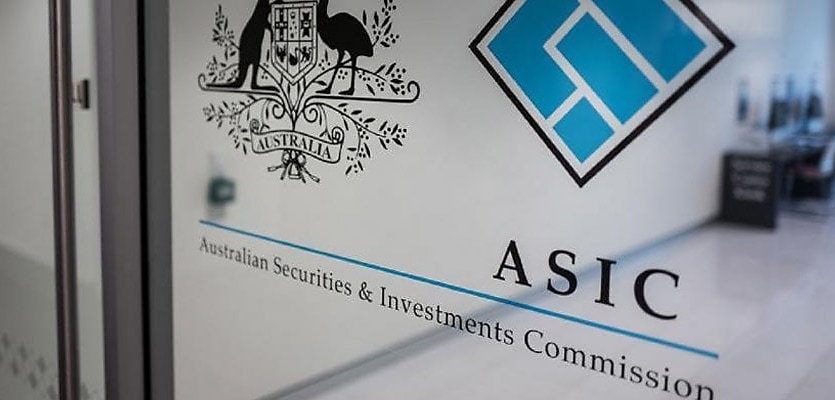ASIC has launched a review of the country’s stamp duty rules to ease super fund property investment, maintain transparency, and stimulate economic growth.
ASIC has initiated a review aimed at potentially increasing investment in property by Australia’s superannuation funds following a consultation at a recent investor roundtable with the Treasurer.
The review will target the Regulatory Guide 97, which in its current form allows investment into listed properties to roll stamp duty into investment fees in disclosure, while investments into new properties must disclose stamp duty as a transaction cost.
ASIC chair Joe Longo said the review will ensure that red tape isn’t holding back investment opportunities.
“A significant portion of Australia’s $4 trillion superannuation system already invests in property assets, but we have heard there is appetite for more,” Longo said.
“This review will allow us to look at the way our regulations govern the calculation of fee-adjusted returns and encourage transparency and investment in our economy.”
Additionally, Longo said that the review will explore granting class order relief to standardise disclosure practices for both internally and externally managed private credit arrangements.
“A change like that could encourage internal management, meaning lower costs for superannuation members as well as continuing to support safe credit growth for business borrowers.”
Property Council chief executive Mike Zorbas said the announcement will help drive zero-cost, high-benefit improvements to regulation.
“ASIC is to be commended for reviewing the current rules, which make super funds’ housing investments look more expensive than they are,” Zorbas said.
He said a regulatory tweak could unlock $10 billion in property investment, delivering up to 35,000 new homes over five years without government cost.
“Currently, superannuation funds are being penalised for investing our money in Australian housing, offices, industrial parks and shopping malls – all vital to world-class, productive cities,” he said.
“ASIC is to be commended for reviewing the current rules, which make super funds’ housing investments look more expensive than they are. It creates an uneven playing field.”
Zobras said the Property Council believes stamp duty must still be disclosed, but separately as an unavoidable tax rather than a fee to improve asset comparability.
The review will be led by ASIC and involve industry representatives and Treasury, and will report by 30 November.







You are not authorised to post comments.
Comments will undergo moderation before they get published.